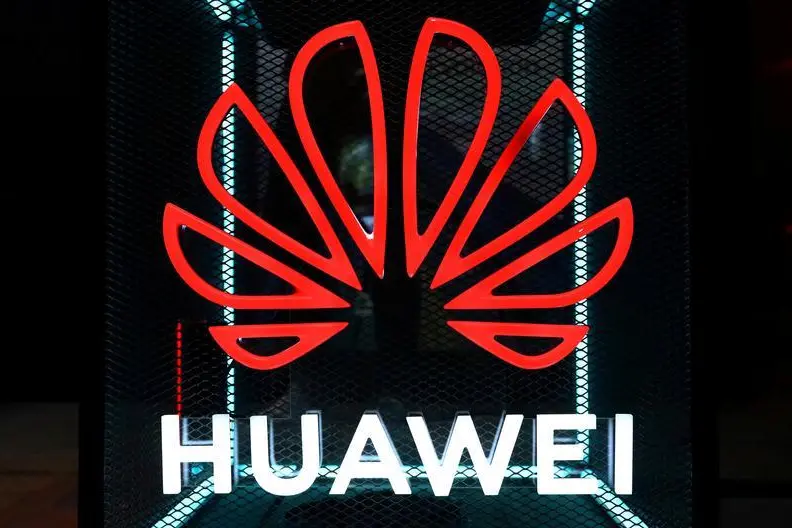PHOTO
(The author is a Reuters Breakingviews columnist. The opinions expressed are his own.)
HONG KONG - Huawei might starve before it sells its offshore assets. The Chinese telecoms kit maker is under renewed attack from Downing Street to Washington. Founder Ren Zhengfei has mulled divesting intellectual property, but overseas buyers for that, or for handset or network units, are few. Nor will Beijing permit a sale that looks like defeat.
Ren’s attempts to evade the Americans’ brawl with Beijing have failed. Despite protestations that it is privately owned, Chinese diplomats have made it clear that Huawei’s commercial interests are inseparable from its government’s diplomatic agenda. And Beijing threatened to punish Great Britain if it gave in to Washington’s push to pull Huawei equipment from UK networks – which it eventually did.
A big chunk of Huawei’s business is in the crossfire: the company generated over 40% of its $123 billion in revenue outside of China in 2019. But with its smartphones blocked from Google’s app store, its executives unable to get U.S. visas, and the certainty of sustained American pressure, spinning off overseas assets to preserve value looks increasingly attractive from a financial perspective.
Ren himself last year floated the idea of selling the company’s fifth generation telecommunications intellectual property. The United States has no 5G champion per se, but a firm like Cisco, say, could become one by acquiring Huawei’s patents. Westinghouse did something similar with its nuclear power technology in China.
U.S. officials shot that idea down, however. Huawei could try to sell its offshore network equipment businesses to Samsung Electronics, but with the Chinese out of the way, customers will welcome the South Korean giant regardless, to prevent an Ericsson-Nokia duopoly.
The bigger problem is domestic optics. Any sale might be trumpeted by the White House as a sign that Huawei, and by extension the Chinese government, has lost a round. Beijing can’t have that.
This might explain why the company is not offloading its offshore handset business, which is crippled by the embargo on Google tools. Instead it is pushing its own operating system called Harmony, riffing on the Chinese Communist Party’s “Harmonious Society” slogan. That is unlikely to take much share from Android. But even if Ren, a former military man, wanted to surrender, his commanders won’t let him.
CONTEXT NEWS
- U.S. Secretary of State Mike Pompeo on July 15 said the United States would impose visa restrictions on Chinese firms like Huawei Technologies that he accused of facilitating human-rights violations.
- On the same day China warned British Prime Minister Boris Johnson that his decision to ban Huawei from the UK’s 5G network would cost Britain dearly.
(The author is a Reuters Breakingviews columnist. The opinions expressed are his own.)
(Editing by Una Galani, Jamie Lo and Sharon Lam) ((pete.sweeney@thomsonreuters.com; Reuters Messaging: pete.sweeney.thomsonreuters.com@reuters.net))





















